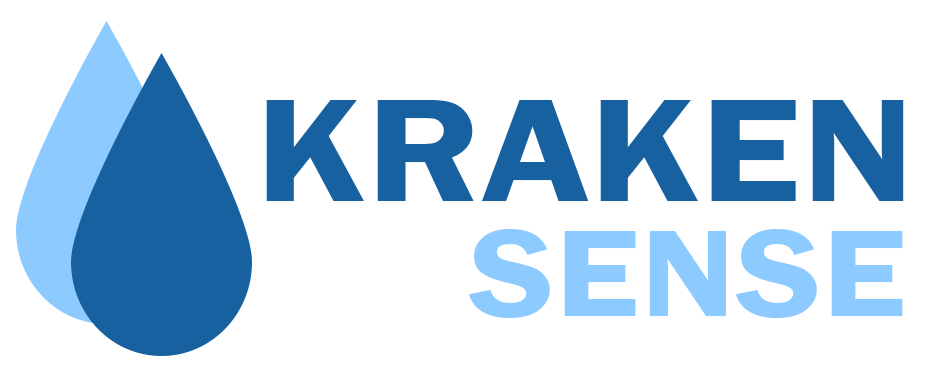Ensuring Sterility in Biopharmaceutical Production with Real-Time Pathogen Detection
In the high-stakes world of biopharmaceutical production, maintaining sterility is not just a regulatory requirement—it's essential for product safety and efficacy. Biopharmaceuticals, which often include vaccines, cell and gene therapies, and other critical biologics, are highly sensitive to contamination. Even minute traces of microbial pathogens can compromise product integrity, leading to costly recalls, regulatory penalties, and, most importantly, patient safety risks. Fortunately, advancements in real-time pathogen detection technology are reshaping the way biopharma companies manage sterility in their production environments.
Why Real-Time Pathogen Detection is Crucial for Biopharma Sterility
Traditional microbial testing methods, such as culture-based assays, take several days to yield results. This time lag leaves a significant window during which undetected contaminants could spread through the production line. Automated real-time pathogen detection systems, like Kraken Sense’s qPCR-based platform, address this critical gap by continuously monitoring for microbial contaminants and delivering results in as little as 60 minutes.
This rapid feedback allows biopharma manufacturers to detect contamination at any point in the production process, from raw material testing to final product assessment. Immediate detection of pathogens like Pseudomonas aeruginosa, Legionella, and E. coli enables proactive interventions to mitigate contamination risks, preserving sterility across the entire workflow.
How Real-Time Detection Enhances Biopharma Production
Continuous Monitoring for Immediate Interventions
Automated systems sample water or production surfaces at regular intervals, testing for pathogens and contaminants that may compromise sterile conditions. Using qPCR technology, Kraken Sense’s platform amplifies DNA from even small pathogen populations, offering early detection that can trigger immediate corrective actions. This is particularly beneficial for biopharmaceutical processes involving sterile injectables or cell cultures, where microbial contamination poses severe risks.Automated Alerts and Remote Monitoring
With real-time alerts integrated through web-based dashboards, Kraken Sense’s pathogen detection system notifies quality control teams instantly upon detecting contaminants. Teams can remotely access data on contamination events, location, and pathogen type, allowing for rapid decisions such as isolating affected batches or adjusting sanitization protocols. The result is minimized downtime and maximized production efficiency.Data Analytics for Preventive Maintenance
Real-time pathogen monitoring doesn’t just enhance response times; it also collects valuable data that can be analyzed over time to spot contamination trends. Kraken Sense’s platform uses predictive analytics to identify patterns, such as increased contamination risk at specific production stages or equipment. With this data, production teams can implement targeted maintenance and sanitation schedules, reducing the likelihood of contamination in the long term.
Meeting Regulatory Standards and Reducing Compliance Risks
Regulatory agencies, including the FDA and EMA, have stringent microbial control requirements for biopharmaceuticals. Real-time monitoring helps companies meet these standards more efficiently by providing a comprehensive, continuous record of pathogen levels that can be used for regulatory audits. Automated documentation, which logs pathogen data and response actions, streamlines compliance and reduces the risk of regulatory penalties related to sterility failures.
Real-World Impact: A Safer, More Efficient Production Environment
Adopting real-time pathogen detection not only minimizes contamination risks but also brings significant cost savings. By catching contamination early, biopharma companies can avoid the high costs associated with product recalls, production stoppages, and extended equipment sanitization efforts. Kraken Sense’s automated solution, which offers pathogen-specific detection down to 1 copy/mL, ensures that biopharma production lines maintain the highest possible level of sterility—essential for producing safe, effective biologics and pharmaceuticals.
Why Choose Kraken Sense for Biopharmaceutical Sterility
Kraken Sense’s real-time pathogen detection solution is uniquely equipped to handle the complexities of biopharmaceutical manufacturing:
Speed and Sensitivity: Rapid detection of even trace amounts of pathogens within 60 minutes using qPCR.
Remote Access and Custom Alerts: Real-time data access and customizable alerts ensure that teams are informed of any contamination risk immediately.
Predictive Analytics for Enhanced Sterility Management: Data-driven insights to help prevent future contamination incidents and optimize production.
Compliance-Ready Documentation: Automated logging of all test results and corrective actions, streamlining audit preparation and regulatory compliance.
Conclusion
In an industry where the smallest contamination can lead to significant consequences, real-time pathogen detection provides an essential layer of protection for biopharmaceutical manufacturers. Kraken Sense’s platform offers the speed, accuracy, and data analytics needed to proactively manage sterility, ensure regulatory compliance, and ultimately protect patient safety. By integrating this cutting-edge technology, biopharma companies can transform their approach to microbial monitoring and establish a more resilient, compliant, and efficient production process.
